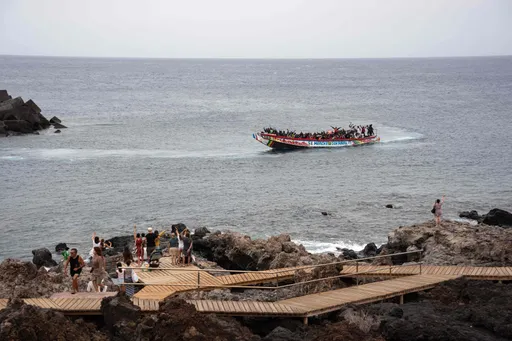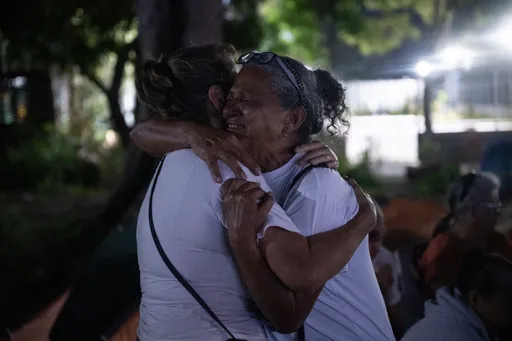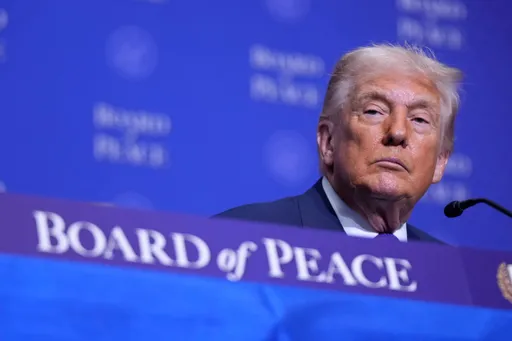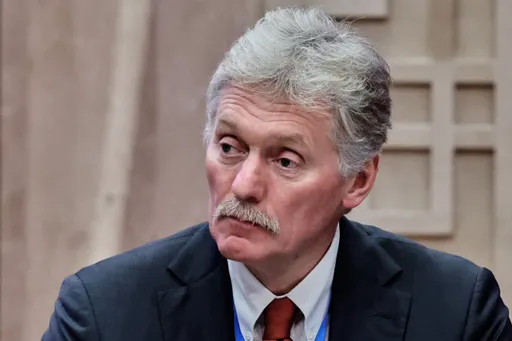As Sudanese protests continue across the country without losing momentum, the ruling military council, which emerged following the military coup that ousted former president Omar al Bashir, is trying to find a way to calm them down.
While opposition forces have recently signalled that they are striving for a swift transition to civilian rule, there appears to be a political rapprochement between the council and the main opposition group leading the protests after a brief interruption of negotiations, according to Sudanese commentators.
“Freedom and Change Forces [which are mainly leading protests] announced on April 18 that they will not continue to communicate with Transitional Military Council (TMC) because of the approach of the political committee of the council,” said Suliman Baldo, a Sudanese scholar, who is currently serving as a senior policy advisor for the Enough Project.
Baldo told TRT World that the main reason for the interruption in the communication is the council’s attempt to merge the concerns of the Freedom and Change Forces with the interests of dozens of other parties, which have a long history of collaboration with the former Bashir regime.
“Many were actually nominal partners in the ruling coalition of the former regime,” Baldo said, indicating that the ruling council and its political allies have still apparently refused to acknowledge the role protests have played in ousting Bashir.
But demonstrators have continued to hold their sit-ins, protests, processions and other forms of civic engagement, to maintain pressure on the military council to recognise their demands, Baldo said, while also noting that protests have been peaceful since the very beginning despite the regime’s violent crackdown.
The protesters’ main demand is the immediate transfer of power to a civilian government, which should have a full executive mandate to implement reforms proposed by Freedom and Change Forces.
They also demand for the formation of a kind of legislating body for lawmaking during the transition, according to Baldo.
“It is hard to predict, but it is possible that the military will cede much ground politically although they will retain their grip over security,” said Abdi Ismail Samatar, a professor in the Department of Geography, Environment and Society at the University of Minnesota.
“The military has already lost much ground, but their best chance of gaining some legitimacy will be to announce a date for election at the end of the year, and bring on-board some of the new faces on the political fronts,” Samarat told TRT World.
Negotiations restarted
After the communication between protesters and the council broke down, the ruling generals sent an invitation on April 24 for fresh meetings to reach a common understanding about the country’s political direction, Baldo said.
“They did go and the meeting went very well according to statements of both the council and the Freedom and Change Forces,” Baldo further said.
After the crucial meeting, three prominent members of the council, which Freedom and Change Forces particularly wanted out, have resigned.
They included the powerful head of the National Police, the deputy director of the National Intelligence Security Services and the head of the political committee of the council.
It appears to be a win for the Freedom and Change Forces, but a key point, which is who will hold sovereign powers during the transition, has remained unresolved between the council and the protest leaders.
“The TMC wants to assume sovereign powers during the transition, the Freedom and Change Forces wants the sovereign council to be composed of civilians, with representation of the military,“ Baldo said.
But they have also agreed to establish a joint committee, which will oversee the formation of the sovereign council, designating its members and schedule, according to Baldo.
“This is a great step. They are helping to ease political tensions in Sudan, giving an assurance that the country is able to manage its political crisis safely without having resorting any violence in process,” Baldo said.
“This a great achievement in my mind,” he concluded.




























